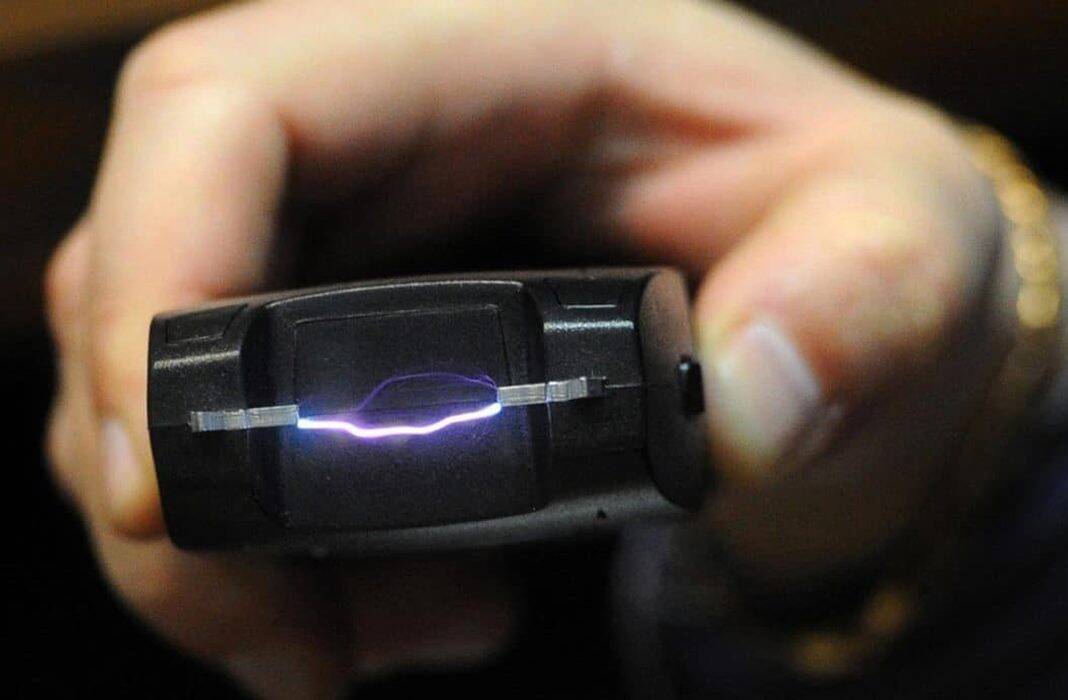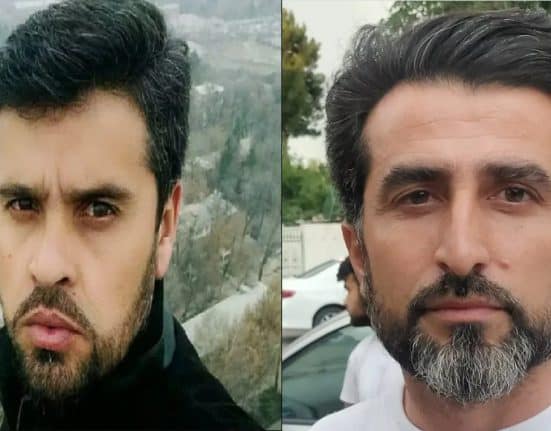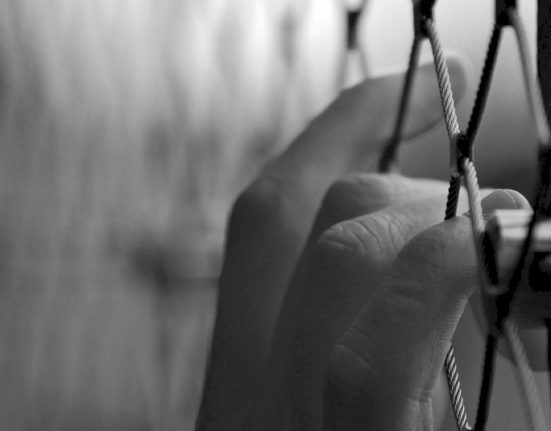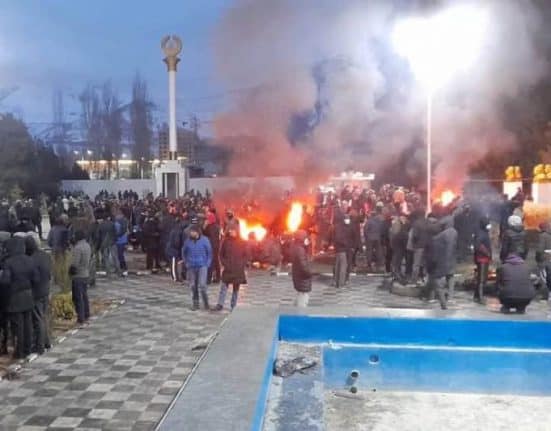On June 26, Karakalpak blogger Kural Rametov published critical comments on the amendments to the Constitution of Uzbekistan on social networks. Shortly thereafter, law enforcement officers detained him at his workplace. According to non-governmental sources of the Association for Human Rights in Central Asia (AHRCA, France), the Interior Ministry officers tortured him with electric shocks.
After the use of torture, law enforcement officers left the blogger completely naked somewhere in Nukus. Kural managed to return home, but then another detention followed. In order to avoid actions for his release, the blogger was transferred to the neighboring Khorezm region. It is reported that his wife and other relatives were also detained.
AHRCA, the International Partnership for Human Rights (IPHR, Belgium), and the World Organization Against Torture (OMCT) are concerned about credible reports of excessive use of force, torture, ill-treatment, killings, and arbitrary detention. Information about this appeared after mass protests in the cities of Karakalpakstan on July 1 and 2, 2022 against the proposed constitutional amendments. Arbitrary detentions of bloggers, journalists and activists immediately began.
Makan.uz editor and public opinion leader Lolagul Kallykhanova was detained in late June or early July, also after publicly criticizing the proposed constitutional amendments. On July 8, the Prosecutor General’s Office issued a statement saying that Lolagul Kallykhanova’s actions “have been identified as crimes infringing on public safety.”
“She was involved as a suspect in the case and was detained in a procedural manner,” the supervisory authority said.
On July 1, Dauletmurat Tazhimuratov, a well-known Karakalpakstan lawyer, journalist, and former editor of the El Khyzmetinde (In the Service of the People) newspaper spoke to supporters after a prayer in the Nukus mosque and announced that he intended to hold a rally in front of the parliament building on July 5 to attract attention to the constitutional rights of the people of Karakalpakstan. According to civil society activists, the authorities of Karakalpakstan gave him permission, but Tazhimuratov was detained the same day. The news about this arrest brought even more people to the streets.
Tazhimuratov was released from custody a few hours later and, according to media reports, reappeared on the evening of July 1 at a protest in Nukus, where he and Murat Kamalov, chairman of the parliament of the Republic of Karakalpakstan, addressed demonstrators. Local eyewitnesses stated that the demonstration was peaceful and special forces were present but did not interfere. Tazhimuratov and Kamalov then entered the Jokargy Kenes, the highest representative and legislative body of the Republic of Karakalpakstan, while the protesters waited outside. Authorities reportedly broke up the demonstration that evening with water cannons, rubber bullets, stun grenades, and smoke bombs. There were also unconfirmed reports that law enforcement officers killed several people during the dispersal of demonstrations.
When Tazhimuratov returned to his home that evening, dozens of supporters gathered near his house. Security forces reportedly broke into the house and re-arrested Tazhimuratov around 03:00 on 2 July. The whereabouts of Tazhimuratov’s wife and children are currently unknown. According to non-governmental sources, about 35 residents of Nukus, who were standing near Tazhimuratov’s house, were killed during the operation. There are no other details about the circumstances of their death. One of the dead was named Dauletmurat Zhiemuratov, the names of the rest are still unknown.
Tazhimuratov was subsequently charged with “encroachment on the constitutional order” (Article 159 part 4 of the Criminal Code of the Republic of Uzbekistan). There are allegations that he was physically abused while in detention. According to some reports, he was transferred to a medical facility in the neighboring Khorezm region for treatment of injuries and is in intensive care, being in critical condition. On July 8, the Prosecutor General’s Office confirmed that a criminal case had been initiated against Tazhimuratov.
On July 3, Eurasianet journalist Joanna Lillis was detained in Nukus, where she flew to prepare a story about the July 1-2 protests. The police officer forced her to delete the recording under the threat of confiscating her smartphone.
It is not yet possible to obtain complete information from the region. The Internet in Karakalpakstan is temporarily restricted to prevent the spread of “fake news” and the “involvement of citizens in anti-constitutional activities,” the Uzbek Foreign Ministry said. Civic activists and users are looking for ways to solve this problem.






